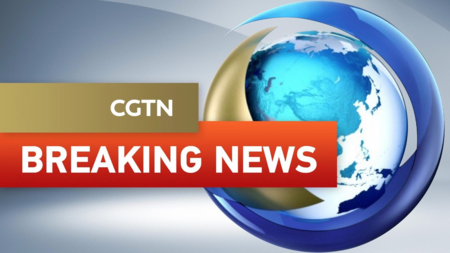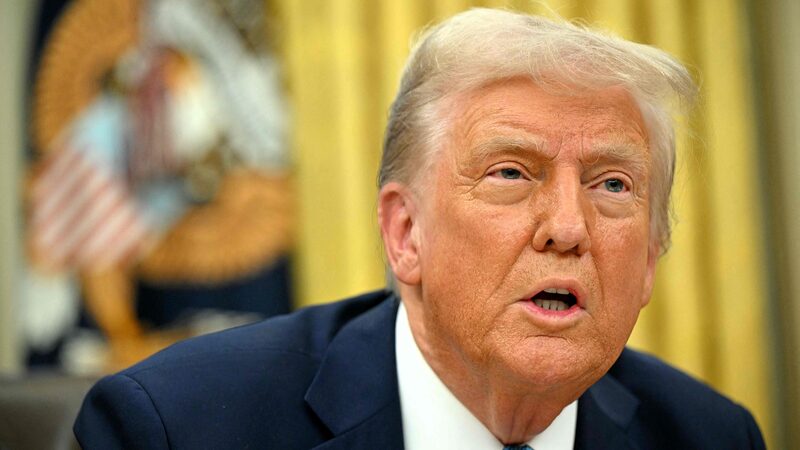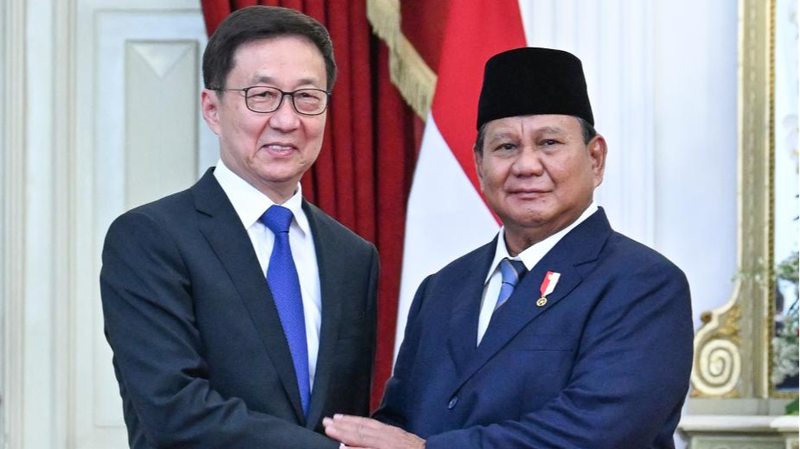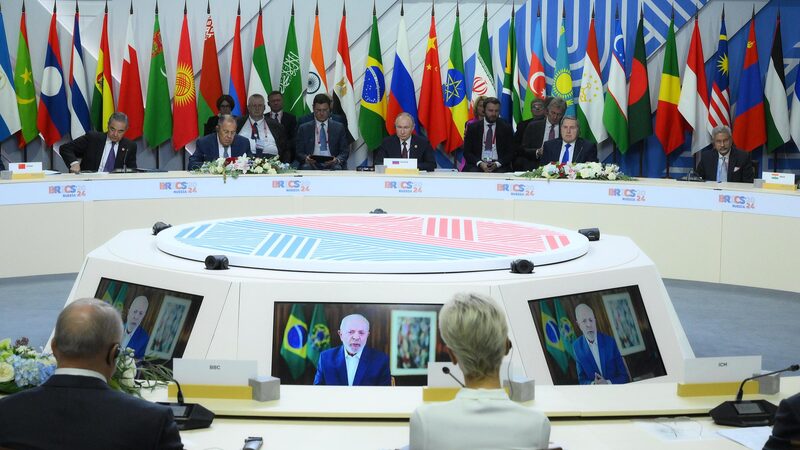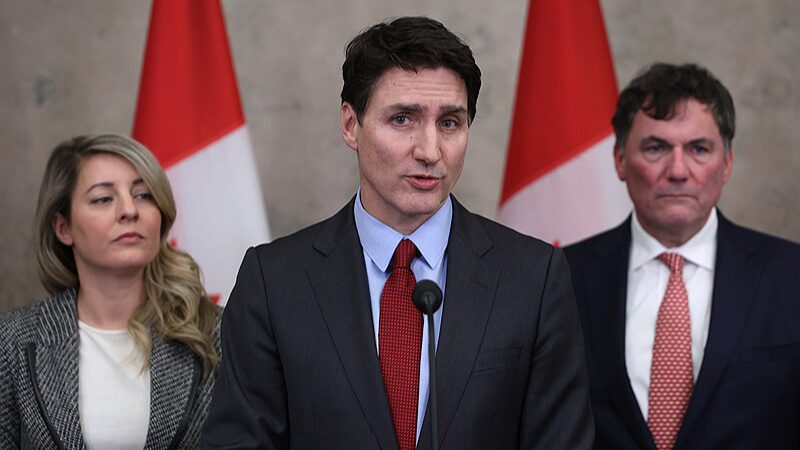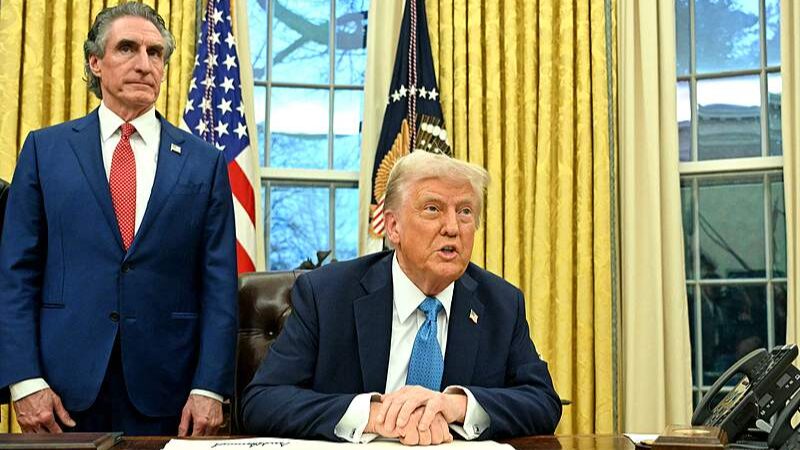U.S. President Donald Trump announced a sweeping trade measure on Tuesday, imposing a 19% tariff on all Indonesian goods entering the United States. The policy, effective immediately, contrasts with the removal of tariff- and non-tariff barriers for U.S. exports to Indonesia, sparking debates about its implications for global trade dynamics.
Analysts suggest the move could disrupt supply chains for key Indonesian exports like textiles, electronics, and palm oil. Southeast Asia's largest economy exported $21 billion worth of goods to the U.S. in 2023, with the new tariff likely to impact pricing and competitiveness. Meanwhile, U.S. agricultural and manufacturing sectors may gain easier access to Indonesia's 270 million consumers.
The announcement comes amid shifting U.S. trade priorities in Asia, with observers noting potential ripple effects across ASEAN economies. Indonesian trade officials have called the measure "disproportionate," hinting at possible WTO consultations. Market reactions were immediate, with Jakarta's stock index falling 1.2% following the news.
For businesses and investors, the development underscores the importance of diversifying supply chains and monitoring cross-Pacific trade policies. Academics warn the tariff could strain U.S.-Indonesia relations, historically strengthened through $30 billion in bilateral trade.
Reference(s):
Trump says 19 percent tariff to be charged on Indonesian goods
cgtn.com
